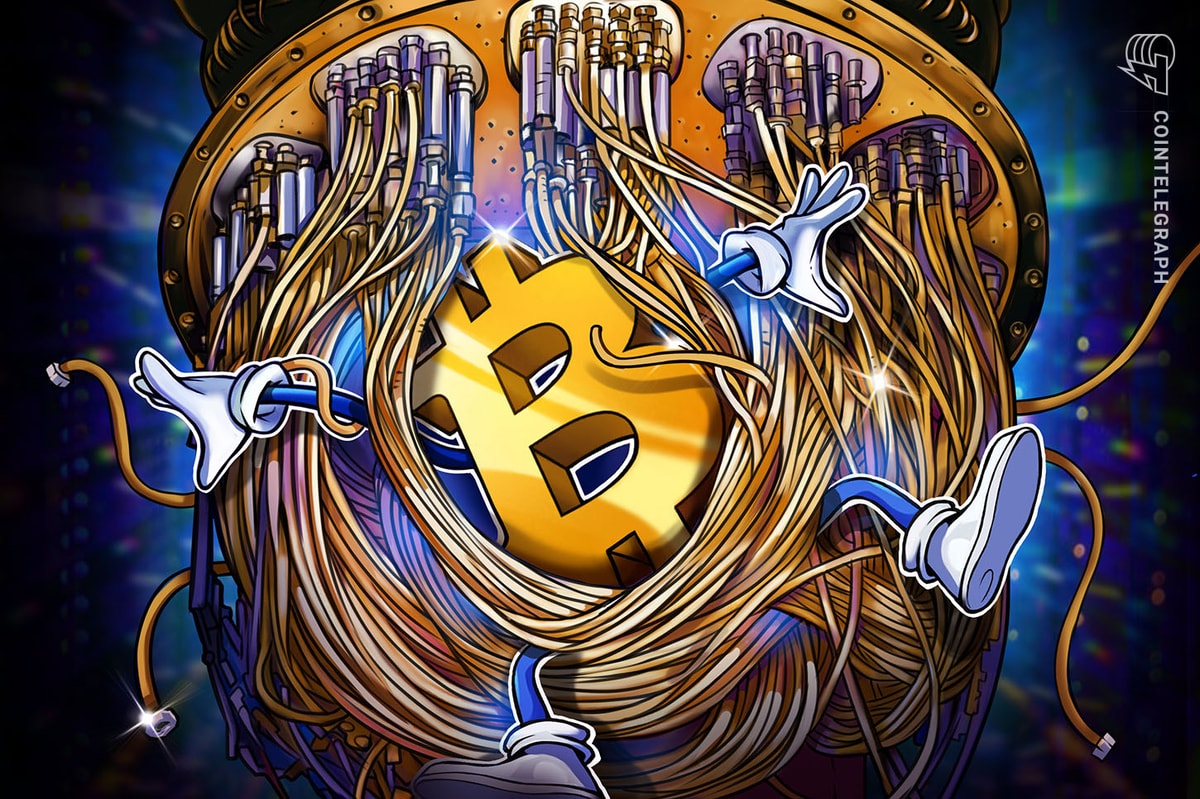Play-to-earn (P2E) gaming has recently captured the imagination of gamers worldwide, offering a new paradigm where entertainment intersects with financial rewards.
However, despite having the intention to liberate gamers and give them more control, some challenges have come to light with the P2E approach.
One of the key hurdles is the potential for game developers to prioritize profit maximization over creating engaging gameplay experiences. This can lead to repetitive or shallow gameplay loops, ultimately diminishing player engagement.
Recent industry reports have indicated a gradual decline in the growth and adoption of the GameFi industry. An analytics report released by Messari Crypto in February 2023 revealed that the number of active players steadily declined by 34% since October 2022, with average monthly signups decreasing month-on-month.
Another challenge is the volatility of token economics. The value of in-game tokens can fluctuate, often driven by market forces beyond the control of game developers. AXS, an in-game token of the popular P2E game Axie Infinity, soared to an all-time high of nearly $160 in 2021 but has since plummeted to around $8. This drastic drop has left many players struggling with the diminished value of their investment and earning potential.
Ponzi-like economics and reliance on influx are also significant issues. Many P2E games rely on an influx of new players to maintain the value of their tokens and in-game assets. This creates a Ponzi-like structure, where the sustainability of the game ecosystem hinges on continuous growth. This unsustainable model has led to the downfall of several prominent P2E games, such as STEPN and the already-mentioned Axie Infinity, whose token values plummeted due to a decline in new user growth. As a result, many players have lost significant investments, highlighting the inherent risks associated with these unsustainable P2E models.
P2E games require a sustainable approach
As the P2E gaming industry continues to expand, sustainable models prioritizing player satisfaction and economic stability become increasingly crucial. One blockchain game, Brilliantcrypto, introduces a novel concept called “proof-of-gaming” (PoG) and creates in-game assets with intrinsic value beyond the game’s confines.
PoG, inspired by Bitcoin’s proof-of-work (PoW) consensus mechanism, drives the earning mechanism within Brilliantcrypto’s gameplay. Players can acquire authentic digital gemstones through active engagement, unlike the tokens used in traditional P2E games.
These gemstones hold intrinsic value beyond the game’s borders, allowing them to be used in various metaverse worlds, crafted into valuable jewelry, and traded on external marketplaces. This external demand for Brilliantcrypto’s gemstones creates a sustainable economic model that is not solely reliant on the influx of new players. Naruatsu Baba, the founder of Colopl, Inc. and project mastermind, shares:
“Bitcoin is currently used as “digital gold.” It was originally devised as currency, but it was a little hard to use it that way. However, it did indeed have value, so it became used like gold. Essentially, humanity succeeded in creating digital gold. We intend to create digital gemstones.”

Source: Brilliantcrypto
In addition to proof-of-gaming, Brilliantcrypto incorporates several other features to enhance its sustainability and appeal to gamers. Its decentralized approach to game operations guarantees transparency. Mining results cannot be changed or manipulated, fostering trust and transparency. Additionally, AI-powered management automates game operations, generates historical records of the gemstones, and enhances fraud prevention. The game’s open-source code promotes community engagement and trust.
This innovative approach has already attracted the attention of prominent brands, including French football club Paris Saint-Germain, who have come on board as ambassadors for Brilliantcrypto.

Source: Brilliantcrypto
At the time of writing, Brilliantcrypto had released its third closed beta test, receiving high ratings and good feedback from participants in Southeast Asia, India, Africa, and Latin America. The team shares their plans to continue development ahead of the game’s release in Q1 2024.
Future of P2E gaming
The success of Brilliantcrypto and other innovative P2E projects could pave the way for a more sustainable and equitable gaming ecosystem. By focusing on gameplay quality, fostering trust and transparency, and creating in-game assets with real-world value, P2E gaming can evolve beyond its current challenges and transform the gaming industry.
The future of P2E gaming also lies in the hands of developers and players alike. By working together to create engaging and sustainable gameplay experiences, the industry can move beyond the limitations of traditional models and unlock a new era of gaming that rewards players for their time and effort.
Disclaimer. Cointelegraph does not endorse any content or product on this page. While we aim at providing you with all important information that we could obtain in this sponsored article, readers should do their own research before taking any actions related to the company and carry full responsibility for their decisions, nor can this article be considered as investment advice.












